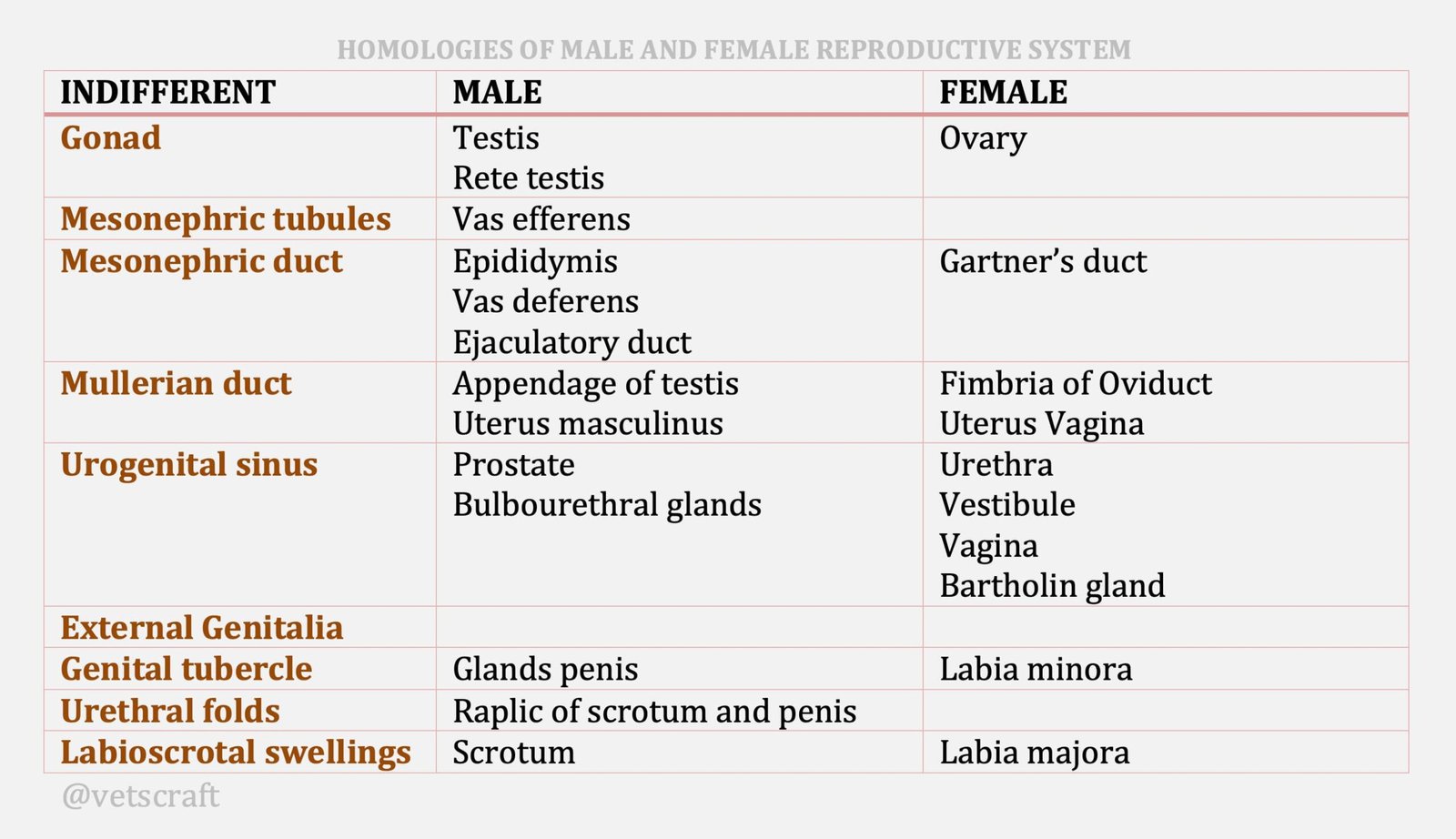TABLE OF CONTENTS
Puerperal Metritis in Animals
Puerperal metritis is the inflammation of uterus from the time of parturition to 2-8 weeks or more in all species. It is not accompanied by septic or general symptoms of illness.
Predisposing Factors
Dystocia, twin birth, retained fetal membranes (RFM), prolonged traction, fetotomy, and unsanitary calving conditions increase the chances of uterine invasion and multiplication of a large number of pathogenic bacteria.
Etiology
- C. pyogenes
- Streptococci
- Staphlycocci
- Coliform spp.
- Gram –ve anaerobes
- Gram +ve anaerobes
These bacteria gets colonised in the non involuted uterus, some which are producing toxins which are absorbed and cause severe symptoms.
Pathogenesis
Failure of normal involution combined with retention of the fetal membranes and infection of the uterus with a mixed bacterial flora resulting in acute metritis and severe toxaemia.
There is diffuse necrosis and edema of the mucosa and wall of the uterus. There is marked accumulation of foul smelling fluid in the uterus, and there by enlargement of the uterus. Absorption of toxins cause in severe toxaemia.
Symptoms
- Occurs during the period within 2-4 days after parturition
- Exhibit both local and general symptoms
General Symptoms
- Depression
- Anorexia
- Hyperthermia
- Tachycardia
- High respiration rate
- Cool skin and extremities
- Foul smelling diarrhoea
- Anuria
- Congested mucosa with increased capillary refill time (CRT)
- Muscular weakness leading to recumbency
- Septic shock and death
Localized Symptoms
- Large quantities of foul smelling dark brown to red fluid containing pieces of degenerating fetal membranes comes out from the uterus.
- Frequent straining
Treatment
- Antimicrobial therapy
- Non steroidal anti inflammatory drugs like meloxicam at 0.5 mg/kg at 24 hours interval.
- Antihistamines (chlorpheniramine)
- Glucocorticoids (preferably Dexamethasone) to prevent septic shock
- Fluid and electrolytes infusion of large quantities of fluids and electrolytes result in correction of peripheral vasoconstriction, restoration of an acceptable pulse, return of urinary output, restoration of cardiac output.
- Dilution of toxins
- Caudal epidural anaesthesia may be recommended if straining is persistent.
- Vitamin A and B complex with liver extract.
- Estrogen is contraindicated in acute puerperal metritis, since the estrogens increase the blood flow to the uterus thereby increasing the absorption of toxins.
- Intrauterine medication is controversial because it does not eliminate the infection. Intrauterine administration of oxytetracycline doses not penetrates all layers of uterine wall. Penicillins also ineffective because there are mixed group of organisms in uterus. Hence, after the initial improvement in general signs (normal temperature, resumption of appetite, cessation of diarrhoea) the intrauterine antibiotic may be recommended.

